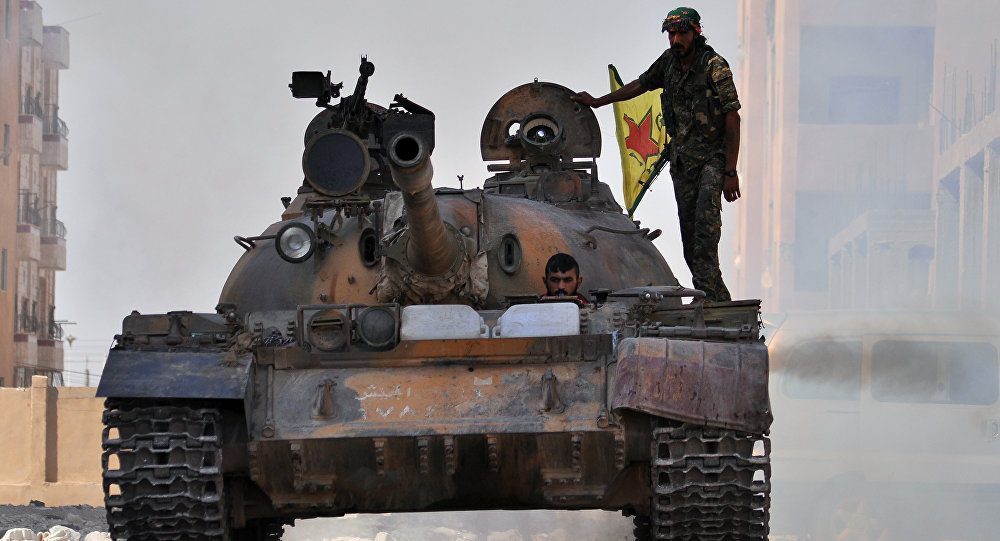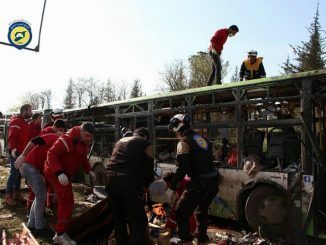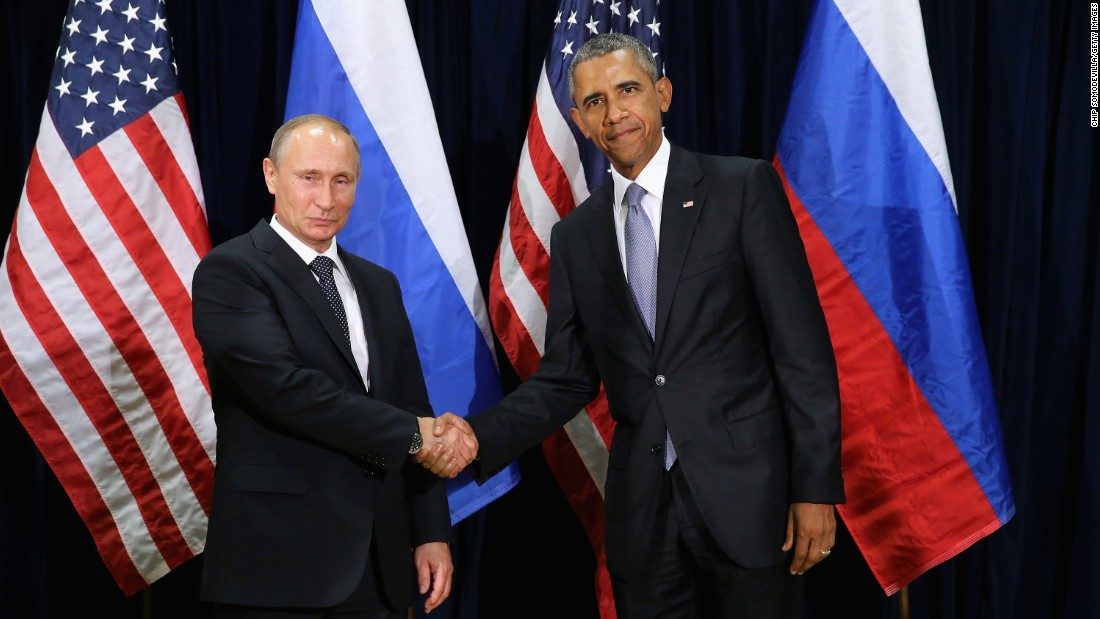
As an alliance of U.S.-backed militias advance against Islamic State in northern Syria, their political allies are making progress of their own toward a new federal system of government which they hope will take root in newly captured areas.
The autonomous federation being planned by Syrian Kurdish parties and their allies is taking shape fast: a constitution should be finalised in three months, and possibly sooner, to be followed quickly by-elections, a Kurdish official said.
While Kurdish groups insist this is no separatist bid, it is set to redraw the map as U.N. diplomacy fails to make any progress toward ending the war that has splintered Syria into a patchwork of separately-run areas.
In so doing, it is likely to deepen the concerns of NATO member Turkey about growing Kurdish influence in northern Syria, a region whose once unfamiliar Kurdish name – Rojava – has now entered the Middle East’s political lexicon.
Kurdish autonomy
The political federation for northern Syria builds on three self-ruled regions carved out by the YPG since Syria descended into conflict in 2011 in an uprising to topple President Bashar al-Assad. It has already grown, expanding last year to include the town of Tel Abyad that was captured from Islamic State by the YPG in October.
The YPG has been the most effective partner for the United States against Islamic State in Syria. Yet Turkey views it as a terrorist group due to its ties to the Kurdistan Workers Party (PKK), which is waging an insurgency in southeast Turkey.
In fact, Kurdish militias use US support to launch offensives against new areas under the term of fighting ISIS, while the force the Arab citizens to flee their homes, so the Kurdish militias can force control over new areas and add it to their contons.
They are accused of making ethnic crimes against Arab citizens in northern Syria.
Syrian Kurdish groups have made no secret of their aim to link up their two autonomous regions, or cantons, in northeastern Syria with one further west – Afrin. All that’s preventing them is the 80 km stretch of territory at the Turkish border held by IS near Manbij and further west by Turkey-backed rebel groups that are hostile to the YPG.
But it has encountered broad opposition, including the United States, the Syrian government in Damascus, and the Syrian opposition to Assad.
Manbij, the new goal
The plan had taken on even greater significance since the Syria Democratic Forces alliance, which is spearheaded by the Kurdish YPG militia, mounted a rapid new advance westwards this month into Islamic State’s last foothold at the Turkish border.
It holds out the prospect of more areas being included in the federation, plans for which were first unveiled in March.
The idea of newly-captured territory joining the “Democratic Federal System for Rojava – Northern Syria” was discussed last week with members of a local council set up to run the IS-held city of Manbij, a target of the campaign.
“We gave them an idea about the plan we are working on, and expressed to them our desire for Manbij to be part of the democratic federal area after its liberation,” said Hadiya Yousef, a senior Kurdish official who is co-chair of an assembly that is overseeing the project.
However, the facts on the grounds says it is a new episode in the demographic change that the Kurdish militas seek in northern Syria.
International support
Yousef said meetings had been held in the United States, Russia and Europe to explain the plan, and to assure them that the aim was not to establish an independent state.
However, Syrian opposition says that the opposite is the truth.
Letters had also been sent directly to U.S. President Barack Obama and the U.N. envoy for Syria, Staffan de Mistura, who left the main Syrian Kurdish political party, the PYD, out of peace talks earlier this year in line with Turkey’s wishes.
“We expect acceptance of this plan and we are working to win international, domestic, and regional support,” Yousef said.
Speaking by telephone from Syria, she said the constitution to be known as “the social contract” was nearly complete.
Any area wishing to join the federal system would have to agree to this contract, whose features include equal rights for women that will guarantee joint leadership of all administrative bodies – and a form of socialist economy.
Pending issues included the design of a new flag to be flown alongside the Syrian flag, the location of the main legislative council – to be known as the Peoples’ Conference – and the administrative borders of areas in the new system.
“Within three months we should have finished all preparations and frameworks for the social contract,” she said.
Once approved by the 151-member assembly which Yousef co-chairs, preparations will start for elections to take place three months later.
They have yet to decide which will be held first – elections for the Peoples’ Conference or to regional assemblies. “The entire process will take six months and perhaps less,” she said.



